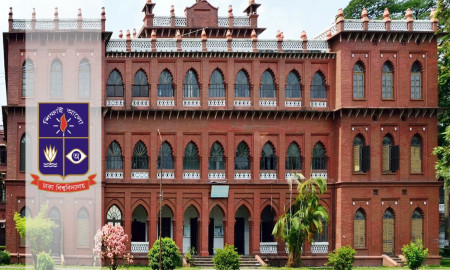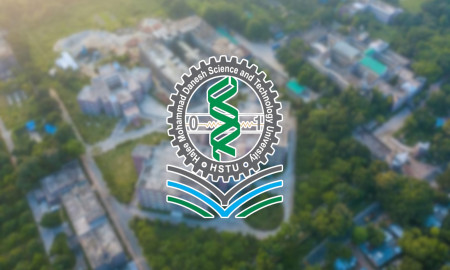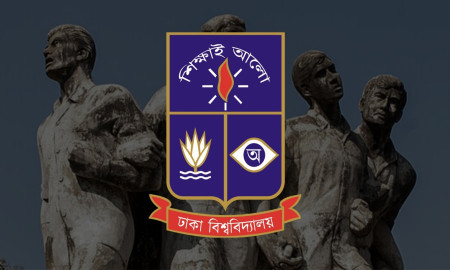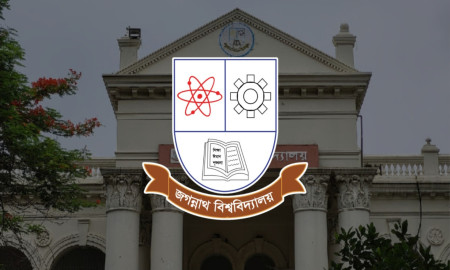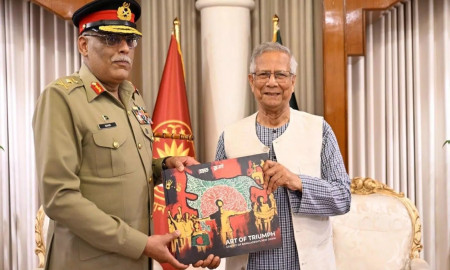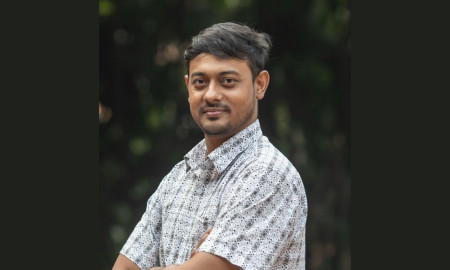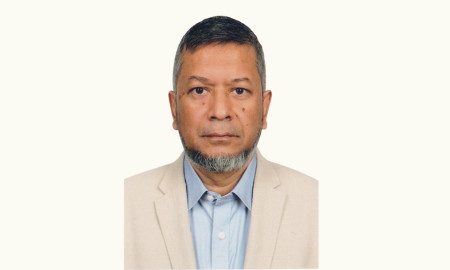BRAC University and Cambridge Forge Impact-Driven Partnership in Health, Education, and Responsible Tech
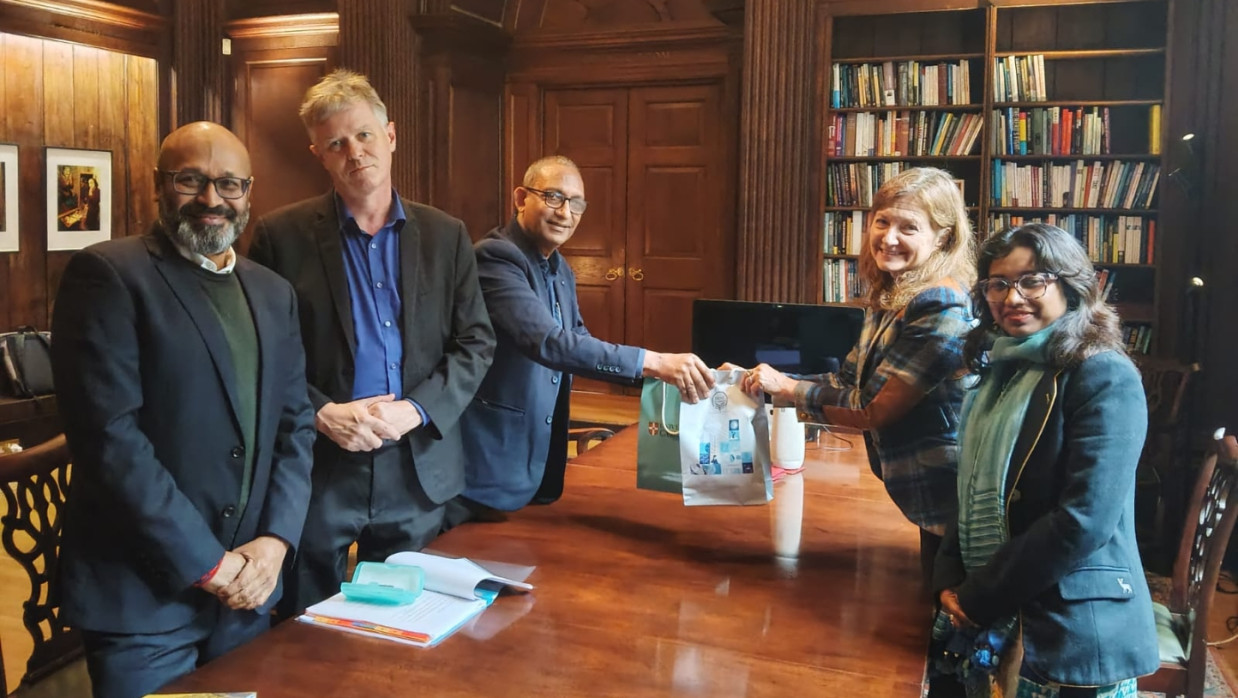
BRAC University and the University of Cambridge have launched high-level talks to establish a transformative collaboration aimed at accelerating research-to-impact in health, education, wellbeing, social inclusion, industrial development, and the responsible use of technology.
The discussions, held on 20 October 2025 at the University of Cambridge, pair BRAC University’s vast community outreach and innovation capabilities with Cambridge’s world-class research prowess. The result: a rigorous pipeline from discovery to deployment—rapid testing, transparent learning, and effective scaling of enduring solutions.
Bangladesh has long been a global proving ground for scalable social innovation. This partnership will harness that legacy through a co-creation lab, enabling joint design of studies and solutions in real-world environments. Cambridge partners have proposed a targeted programme to leverage BRAC University’s strengths and fast-track initial projects.
Key near-term steps include establishing joint governance and launching pilot initiatives with defined metrics for learning, health, safety, and inclusion.
BRAC University was represented by Vice-Chancellor Prof Ferhat Anwar; Dr Imran Matin, Executive Director of the Institute of Governance and Development; Registrar Dr David Dowland; and Gemma May, Government Relations & Policy Lead, BRAC Europe.
From Cambridge: Vice-Chancellor Professor Deborah Prentice; Prof John Danesh, Head of the Department of Public Health and Primary Care; and Dr Nazia Habib, Director of the Centre for Resilience and Sustainable Development.
The Rt Hon Sir Andrew Mitchell MP, former UK government minister, joined virtually from the House of Commons, praising the BRAC movement’s contributions and highlighting the initiative’s global significance.
The partnership directly supports UN Sustainable Development Goals 3 (Good Health and Well-being), 4 (Quality Education), 9 (Industry, Innovation and Infrastructure), and 17 (Partnerships for the Goals).
By co-developing scalable innovations in health, education, inclusion, and ethical technology, the collaboration builds on Bangladesh’s pioneering role in social progress to drive equitable, sustainable global impact.



